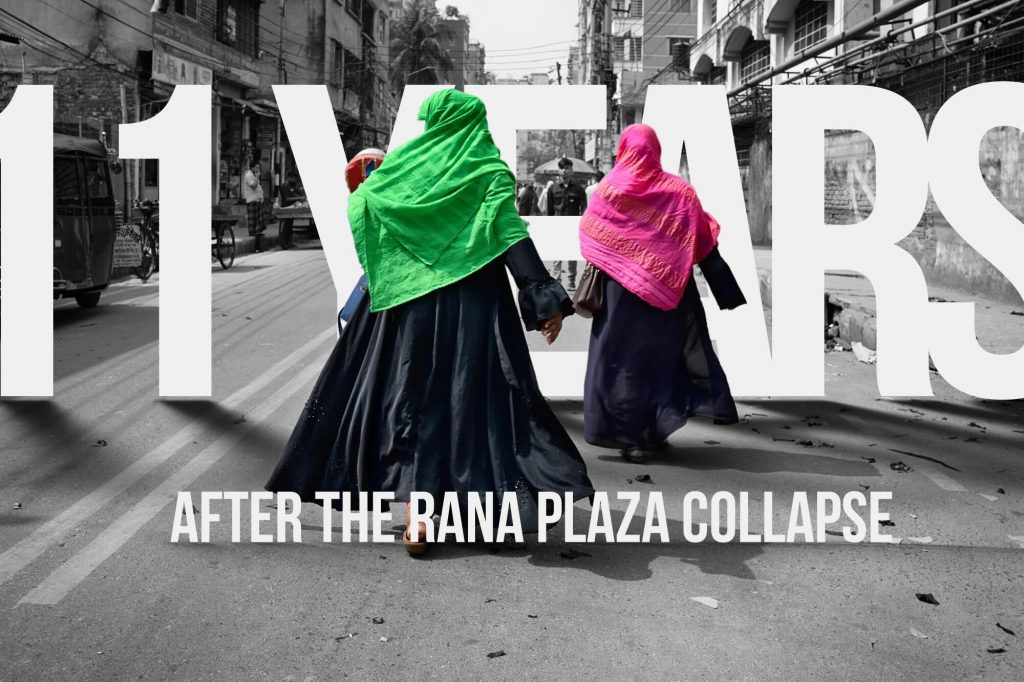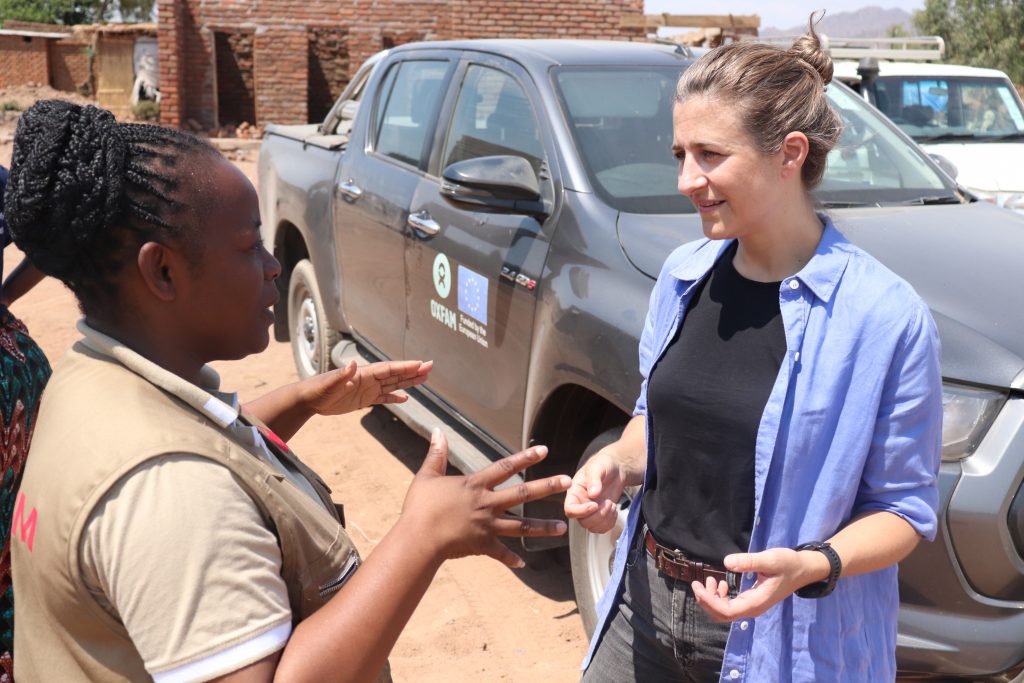Living and making history in Cuba
Living and making history in Cuba
Jérôme Fauré, Country Director for Oxfam in Cuba
Amazing… Miraculous… Unexpected … There is no shortage of adjectives to describe the events of Wednesday, December 17 and what they have meant to Cuba. That day marked the restoration of diplomatic ties between Cuba and the United States. The Uruguayan President predicted that in Latin America this day will be remembered as the day "our Berlin Wall” fell.
This hostile relationship between the US and Cuba, between two neighbours, was one of the last remaining vestiges of the Cold War. It seemed frozen in time, unresponsive to changes in the global climate. Few people imagined that the ice would thaw so suddenly and so dramatically.
First, there was a simple handshake between US President Barack Obama and Cuban President Raul Castro a year ago at Nelson Mandela’s funeral. Other signs followed, including statements from Hilary Clinton and some initial visits by representatives of American businesses and co-operatives to Cuba. Then, in October, there was a remarkable editorial in the New York Times that called for the lifting of the American embargo. To which Fidel Castro personally responded a few days later in the Cuban paper Granma.
I live in Cuba as Oxfam’s Country Director. While walking along the Malecon seawall that stretches from Havana Harbour to old Havana, observing the classic cars and colonial buildings, I sometimes feel lost in time, like the protagonist in an old 1960s spy movie. On December 17, however, that all changed. All of a sudden, we stand poised on the threshold of a new Cuba, ready to build a new and better future.
Oxfam has been in Cuba since 1993, working with local communities to increase food security, to build capacity to prevent and respond to disasters and help ensure that women are at the centre of initiatives to reduce poverty and end inequality. Over those years, the Cuban people, Cuban society, politics and economy have all evolved – gradually, and generally for the better- although there have been many ups and downs along the way.
The two constants through those years have been the US embargo and the Castros. No Cuban under 50 has lived without these two defining features of daily life.
On December 17th, I was hosting the Oxfam staff team in my backyard. It was our year-end staff party, a celebration of the team’s accomplishments over a busy year, supplemented with a typical Cuban meal of roast pork, rice and beans. Suddenly, word spread; imminent public announcements were to be made by the two Presidents, Castro and Obama.
Everything in our neighbourhood stopped, as the volume on TVs and radios was cranked up so everyone could hear. The quiet of a mid-week afternoon then erupted in shouts of joy and celebration as we all heard Raul Castro announce the release of prisoners and restoration of diplomatic relations. We were living a profound moment in history.
Since that memorable day, Cubans have begun processing the dramatic news and its implications. The restoration of diplomatic ties is seen as largely symbolic, but it is now understood to be only a first step in a much larger process. While there is great enthusiasm, there is also some trepidation. Like most peoples around the world, there is much that Cubans want to see change and improve in their lives. But there is also much that they want to protect and secure.
Oxfam will continue to work with our local Cuban partners on issues that they identify as priority concerns. As the economic reform process in Cuba slowly gathers momentum, Oxfam is increasingly engaging with farmers’ organizations to explore new, untapped opportunities for market-driven growth, including support to a new generation of service co-operatives and rural enterprises. Our work in Cuba is constantly informed by Oxfam’s global work on inequality, as we work with state and non-state actors to put in place development policies that do not make economic growth contingent upon increased inequality.
We also continue to support local partners to engage communities on social issues related to gender-based violence and LGBT rights, not always easy in a culture with residual machismo attitudes.
It will not only be one-way traffic. Cuba also has much to offer to other societies, including our mutual American neighbours. For example, Cuba has been at the forefront of climate change programming in the Caribbean and in the promotion of urban and organic agriculture. We look forward to Cubans being able to more freely share these and other achievements with governments and civil society organizations in the US and across the region.
Most critically, we aspire to help convert the explosion of hope and joy that erupted in Havana on December 17 into tangible improvements in the day-to-day lives of the Cuban people. After fifty years, they deserve no less.
Jérôme Fauré is Oxfam’s Country Director in Cuba. Oxfam Canada is the lead agency, internationally, for Oxfam’s work in Cuba.

